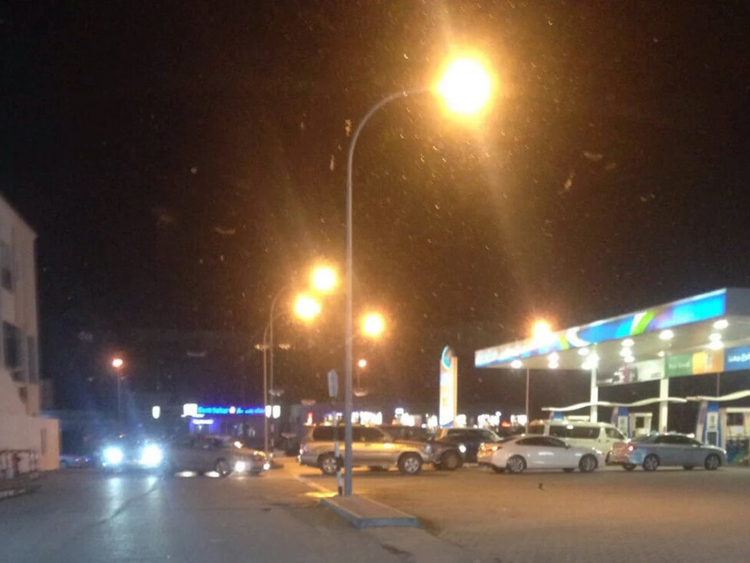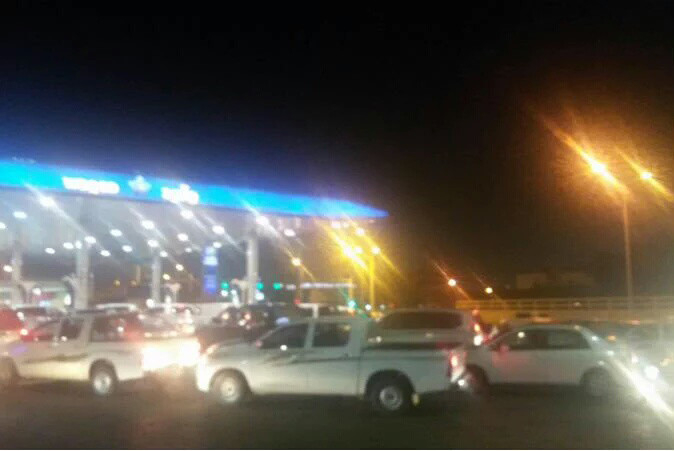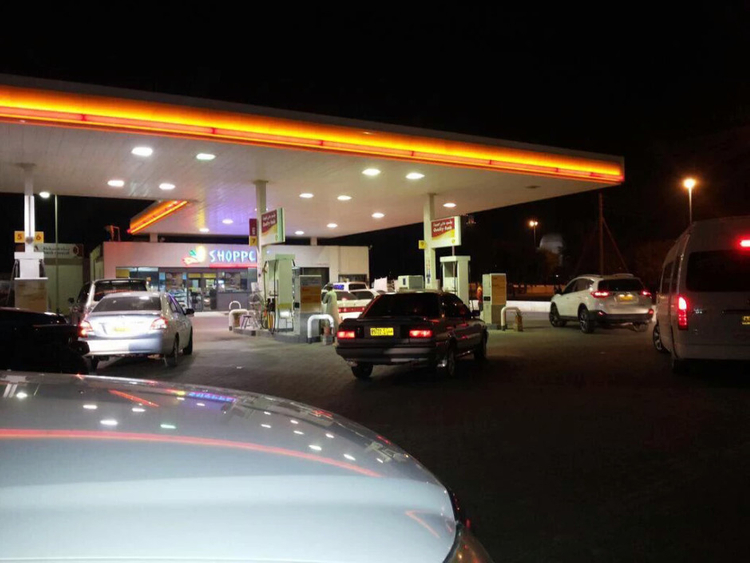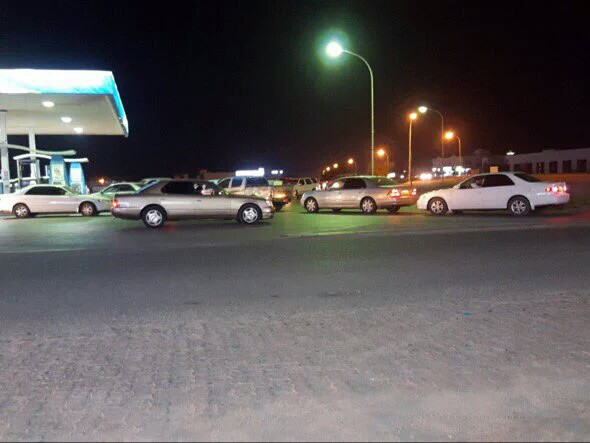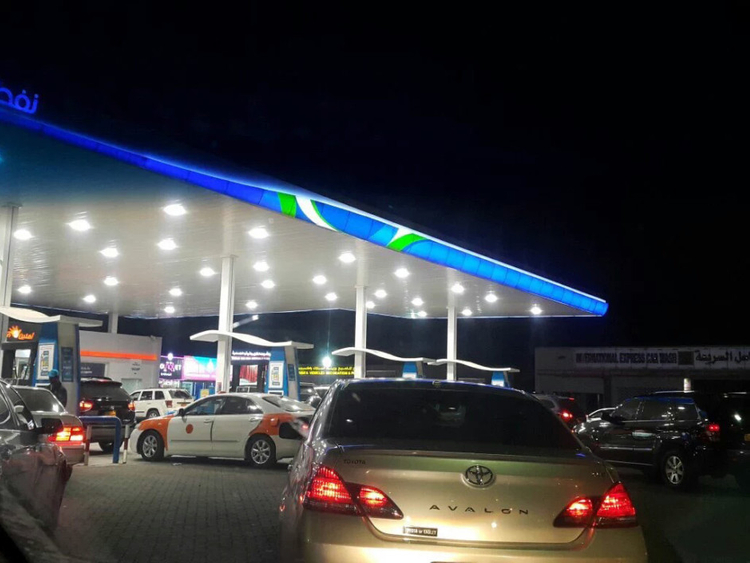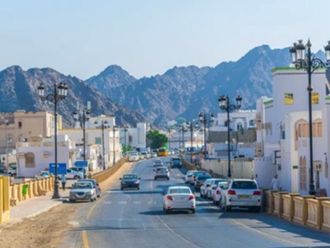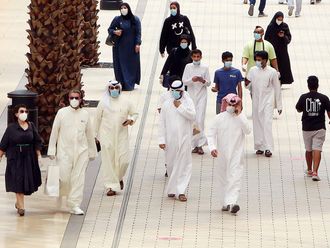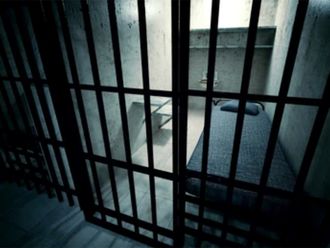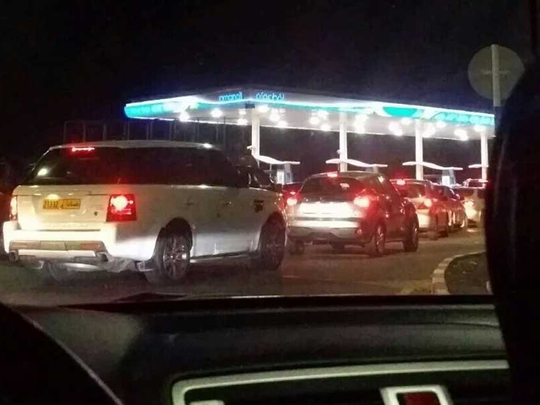
Muscat: Petrol stations in Oman have witnessed a huge rush and crowds as many people tried to buy fuel before the new, revised prices came into effect at midnight on Friday.
Some stations ran out of fuel due to the increase in demand.
Both Omanis and expatriates waited in long queues to buy fuel, which resulted in some traffic snarls in Muscat.
Ahmad Al Sobhi, one of those who waited to buy fuel for his vehicle, left the petrol station after waiting more than 35 minutes.
“I left the petrol station in Ruwi district of Mutrah province as there were about 20 vehicles waiting for their turn. I will pay the difference later when I fill up,” said Al Sobhi.
Oman’s Oil and Gas Ministry announced new petrol and diesel prices last Monday, which come into force Friday.
The cost of super grade petrol will rise by 33 per cent to 160 baiza per litre (about Dh1.60), up from the current price of 120 baiza, according to the Ministry’s official Twitter account. The regular grade petrol will rise 23 per cent to 140 baiza per litre, up from 114 baiza per litre. Diesel will rise 9.6 per cent to 160 baiza per litre; the current price is 146 baiza a litre.
Oman is following in the footsteps of all other Gulf states, which increased fuel prices lately amid a slump in oil prices.
Salim Al Auwfi, Undersecretary of the Oil and Gas Ministry, told local media, that the committee formed for revising fuel prices, will meet before the end of this month to review fuel prices and announce February fuel prices.
Al Auwfi added that oil and gas consumption rate is expected to fall with the new prices and the pattern of fuel consumption will also change.
Al Auwfi called upon consumers to report unauthorised increase in fuel prices at petrol stations to the Ministry of Oil and Gas and the Public Authority for Consumer Protection.
Moreover, the Authority has warned all local markets of not accepting any products whose prices are increased from the supplier without the approval of the authorities.
Subsidies on petroleum products, including petrol and diesel, are estimated to have cost Oman 900 million riyals (Dh8.56 billion) in 2015, compared to 840 million riyals in 2014.
The new budget projects 3.3 billion Omani riyals (Dh31.47 billion) in deficit spending for 2016, which is says it will try to reduce by improving the non-oil revenues as well as cutting expenditure. Oman posted a budget deficit of 4.5 billion riyals in 2015, as revenues declined by more than 50 per cent.


